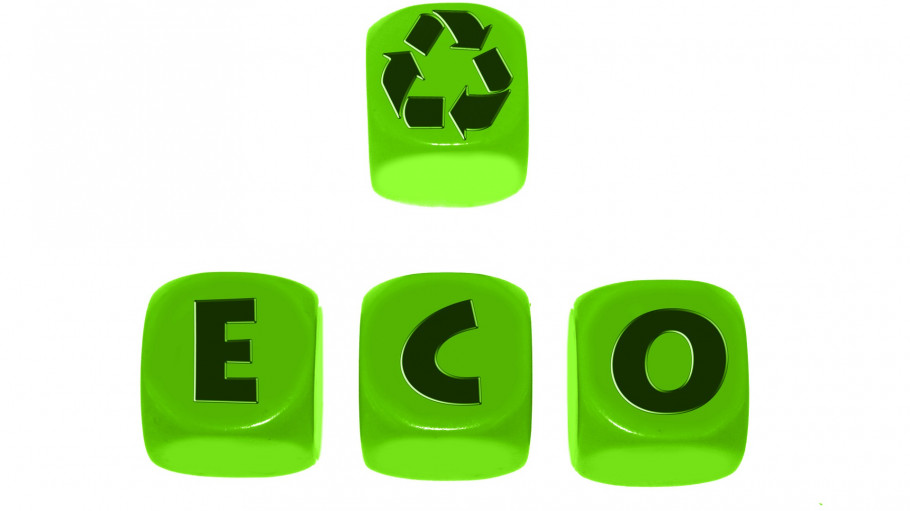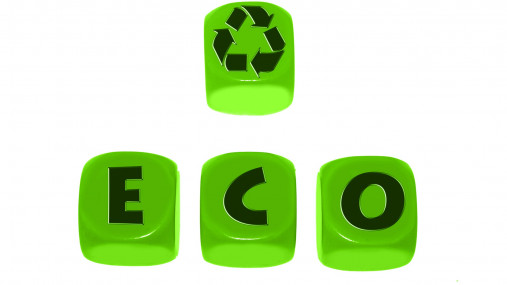
Publications » Position papers » Ecodesign for Sustainable Products Regulation
Ecodesign for Sustainable Products Regulation
Downloads and links
Recent updates

The steel industry welcomes the release of the recently proposed Ecodesign for Sustainable Products Regulation (ESPR) by the European Commission. The European Union needs strong legislation to achieve its ambitious objectives set in the Green Deal and Circular Economy Action Plan, which can improve its competitiveness on global markets and set an example to other economies. The success of this general framework legislation relies on numerous related delegated and implementing acts to be released, the revision of already existing ones and their mutual coherence. It will extend the scope to a wider range of products to strengthen the circularity criteria, to introduce new information requirements for products and to provide more sustainable information alongside sustainable products for customers on the European market. Living up to this ambition will require a sustained, coherent and forward-looking thrust from the European Commission. The European steel industry is ready to assist in that challenge.
Key areas are: harmonisation, requirements, digital product passport and substances of concern.
In conclusion, the European Commission proposal is an important but also challenging starting point towards the transition to the circular economy, which is a key contributor for achieving climate neutrality targets. However, its effectiveness will greatly rely on the new requirements with appropriate relevance for products levels in delegated acts and overall coherence of related legislation. Driving the transition to more sustainable products requires also the creation of lead markets, as well as incentivising them to keep the pace and motivate others, whilst harnessing the current potential from industry. The steel sector is looking forward to cooperating with the European Parliament and the European Council for enhancing the current text.
The full text of the position paper on the Ecodesign for Sustainable Products Regulation is available below.

Download this publication or visit associated links
A milestone occasion to quickly and effectively restore affordable electricity, to relaunch the
decarbonization and strengthen the international competitiveness of the European steel
industry.
Brussels, 02 December 2025 – Unchanged negative conditions – U.S. tariffs and trade disruptions, economic and geopolitical tensions, protracted weak demand and still high energy prices – continue to weigh on the European steel market. EUROFER’s latest Economic and Steel Market Outlook confirms for 2025 another recession in both apparent steel consumption (-0.2%, unchanged) and steel-using sectors (-0.5%, revised from -0.7%). A potential recovery is expected only in 2026 for the Steel Weighted Industrial Production index (SWIP) (+1.8%, stable) and for apparent steel consumption (+3%, slightly revised from +3.1%) – although consumption volumes would still remain well below pre-pandemic levels. Steel imports retained historically high shares (27%), while exports plummeted (-9%) in the first eight months of 2025.
Fourth quarter 2025 report. Data up to, and including, second quarter 2025